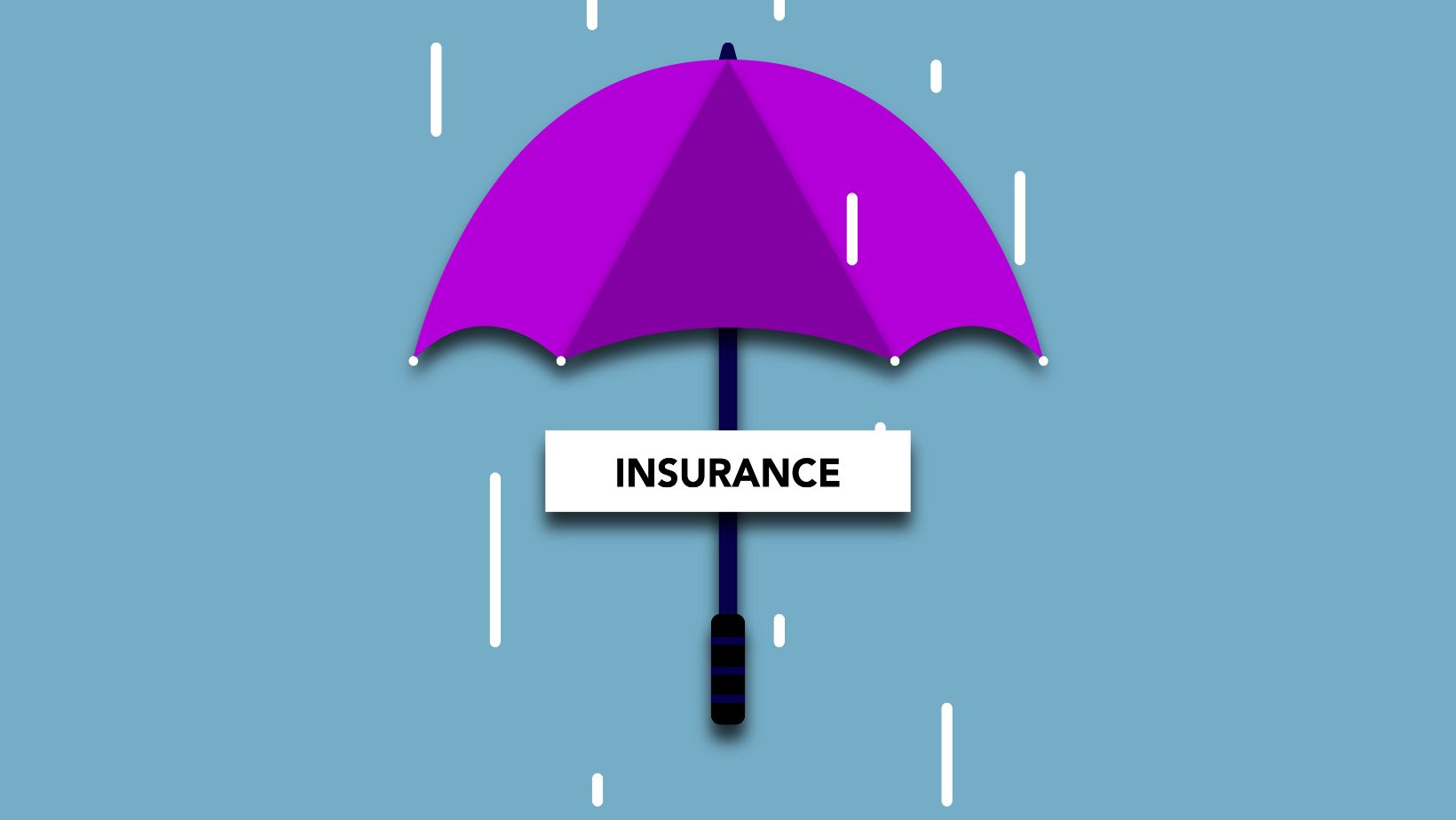
Do you have money set aside for your loved ones in the unfortunate event of your passing? Do you have a strategy in place that will help to offset any financial burden they’re placed under with you no longer around?
While these are quite somber questions to contemplate, they’re very necessary, especially if you have a family or are thinking of starting a family soon. The good news is that not all is bleak. Today, we’ll explore what life insurance is, the benefits it provides, and a few consequences of what might happen if you haven’t selected a policy yet.
Continue reading to learn all you need to know about why life insurance is vital for you and your family.
What is Life Insurance?
So, what is life insurance anyway? Simply put, life insurance is a legally binding contract between the policy owner (you) and the life insurance company, which stipulates that when the person who has been insured (typically you) passes away, a specified sum of money will be paid out to beneficiaries.
Unfortunately, this isn’t free. In exchange for the lump-sum payment, you’ll need to pay a premium every month. This, of course, differs from person to person and is determined by things like your insurance provider (some offer affordable life insurance coverage like Fabric by Gerber Life, whereas others are more expensive), age, lifestyle choices, health, occupation, and more.
What Benefits Does it Offer?
You’re probably wondering why you should pay a monthly premium, why not just save the money. One of the primary benefits of life insurance is that after a period of time (sometimes immediately), the policy is in effect. This means that you’ll get a massive lump-sum in the unfortunate passing of a loved one, or yourself, after a very small investment.

Naturally, this means that the other benefit is financial security. Part of the immediate expenses it covers is funeral costs, but it can be used for other things, like loans, credit card balances, or debt settlements.
Many people also use the lump-sum payment from an instant life insurance policy to cover daily expenses, maintain their current lifestyle, or to pay whatever pills need paying.
Consequences Without Life Insurance
Now that you know what benefits life insurance offers, there are also the consequences to consider if you choose not to sign up for life insurance if you have a family. The biggest consequence is the financial debt you may leave your family in if you have unpaid loans or credit cards, which typically causes a lot of financial strain.
Then there is paying for the hospital bills if you were in hospital in the days leading to your passing, as well as the funeral costs, which can be quite hefty.
If you have a partner and kids, it might make it difficult for them to meet their financial obligations. The kids may need to change schools as tuition fees for a single parent may be too high. Unless both of you are earning stellar incomes, there will also be a significant change in your lifestyle.
Factors to Consider
So, what should you consider before choosing an instant life insurance policy or any policy? The first thing to look at would be the coverage the policy provides, or in other words, how much it is going to pay out. For that, you need to consider future expenses, current and future debt, and any long-term financial goals you and your partner may have had (buying a house, sending kids to school, etc.)

The next thing to decide is whether you want a term life insurance or a whole life insurance. The difference is essentially that after the set term, the insurance provided by term life insurance ends. Whole life insurance is infinite and doesn’t expire if you make continual payments, and you can borrow or withdraw from the policy.
Finally, you’ll want to consider what you can actually afford to pay. While it would be great to get a life insurance policy that will pay for anything your family might need, this means a higher premium. However, with that being said, there are plenty of low-cost options out there that will definitely help alleviate the financial problems your family may experience after your passing.























